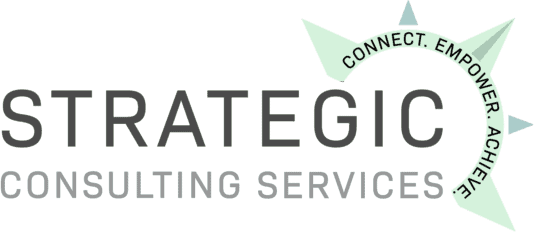According to the Americans with Disabilities Act of 1990 (ADA) an individual with a disability is a person who: Has a physical or mental impairment that substantially limits one or more major life activities; has a record of such an impairment; or is regarded as having such an impairment.
More than a quarter of adults (26%) in the United States have some type of disability, according to the Centers for Disease Control and Prevention (CDC).
What are “Invisible Disabilities?”
Many people are suffering from a disability that is not readily apparent when you meet them, or even if you hire them. These disabilities are often referred to as being “invisible disabilities,” which is an umbrella term that captures a whole spectrum of hidden disabilities that are primarily neurological in nature. Some examples are:
- ADD/ADHD
- Anorexia
- Autism
- Bipolar disorder
- Chronic pain
- Diabetes
- Depression
- Substance use disorder (SUD)
- Personality disorder
Invisible disabilities can impact individuals as much as visible ones. Invisible disabilities are often undiagnosed, and when they are, claims are far less likely to be accepted by insurance companies. As the world wakes up to the reality of how widespread mental health challenges are, there needs to be more awareness and action in accommodating these disabilities.
How to Support Workers with an Invisible Disability
Managers need to identify when an employee has one of these challenges and then work to accommodate them.
Encourage Disclosure and Practice Supportive Acceptance of an Invisible Disability
Oftentimes, employees fear that having one of these conditions will lead to negative perceptions from others in the workplace. According to research, 88% of employees said they don’t disclose their invisible disabilities in job application demographic questions. Furthermore, 57% of those surveyed said they haven’t asked for reasonable accommodations.
Managers need to encourage employees to share their needs and provide a safe and supportive environment to disclose an invisible disability. Also managers need to educate employees about accommodations that are available. Many employees with invisible disabilities do not realize that they can request accommodations to help with their challenges.
What are the best steps a business can take to create a culture in which employees with disabilities feel safe to disclose? One step is to formalize mental wellness policies and programs
Provide Accommodations to Workers with an Invisible Disability
The ADA requires employers to provide reasonable accommodations for employees with an invisible disability, unless doing so would cause the employer significant difficulty or expense. For a ‘case by case’ basis of how to accommodate various disabilities, the best resource is the Job Accommodation Network’s website.
Contact the ADA Experts at Strategic Consulting
Our team is here to help with your disability accommodation issues, vocational rehabilitation needs, ergonomic evaluations, and other employee needs.
We have partnered and provided solutions to some of the largest companies in the world (such as Boeing, Microsoft, and Amazon). But, at our core, we are still “people taking care of people,” one project at a time. Our success is built upon and providing you the best solution to your workplace challenge. Contact us today by filling out a form (below), submitting a referral, or visiting our ‘Contact Us‘ page to find your nearest office.
Ric has been working in the industry since 2002, specializing in developing employer jobsite analysis and light duty programs, ergonomics consultations and adjustments, disability accommodations and providing effective return to work solutions. Ric is Matheson trained in Ergonomics and is a Certified Ergonomics Evaluation Specialist. He earned a Bachelor of Arts Degree in Psychology from Western Washington University and later his Master’s Degree, M.Ed., Education Counseling from Seattle Pacific University. Ric is currently a Registered Vocational Rehabilitation Counselor for the Department of Labor and Industries and has been a Certified Disability Manager Specialist since 2006.

